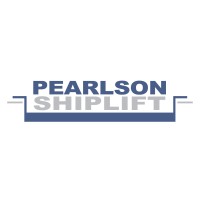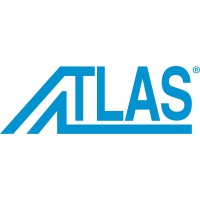
Pearlson Shiplift Corporation
Pearlson Shiplift Corporation specializes in the design, manufacture, servicing and ongoing support of new and existing shiplifts and transfer systems. Our team has had experience designing and supporting shiplifts and ship transfer systems worldwide for over 50 years. We are the only company in the world that is devoted exclusively to the design, manufacture and support of shiplift and transfer systems. Our experienced engineering team includes former PECO engineers and technical support specialists that were responsible for designing and commissioning most of the shiplift systems operating around the world today.






